
Universal Pumping | High Pressure Pumps
High Pressure Pumps for Difficult to Pump Slurry, Sludge, and Food Waste.
In the ever-evolving industrial landscape, selecting the right equipment is crucial for operational efficiency and effectiveness. Among various essential tools, the filter press pump has emerged as a vital component for companies engaged in processes requiring solid-liquid separation. According to John Smith, a leading expert in the filter press pump industry, "Choosing the right filter press pump not only enhances productivity but also minimizes maintenance costs, ultimately benefiting the bottom line."
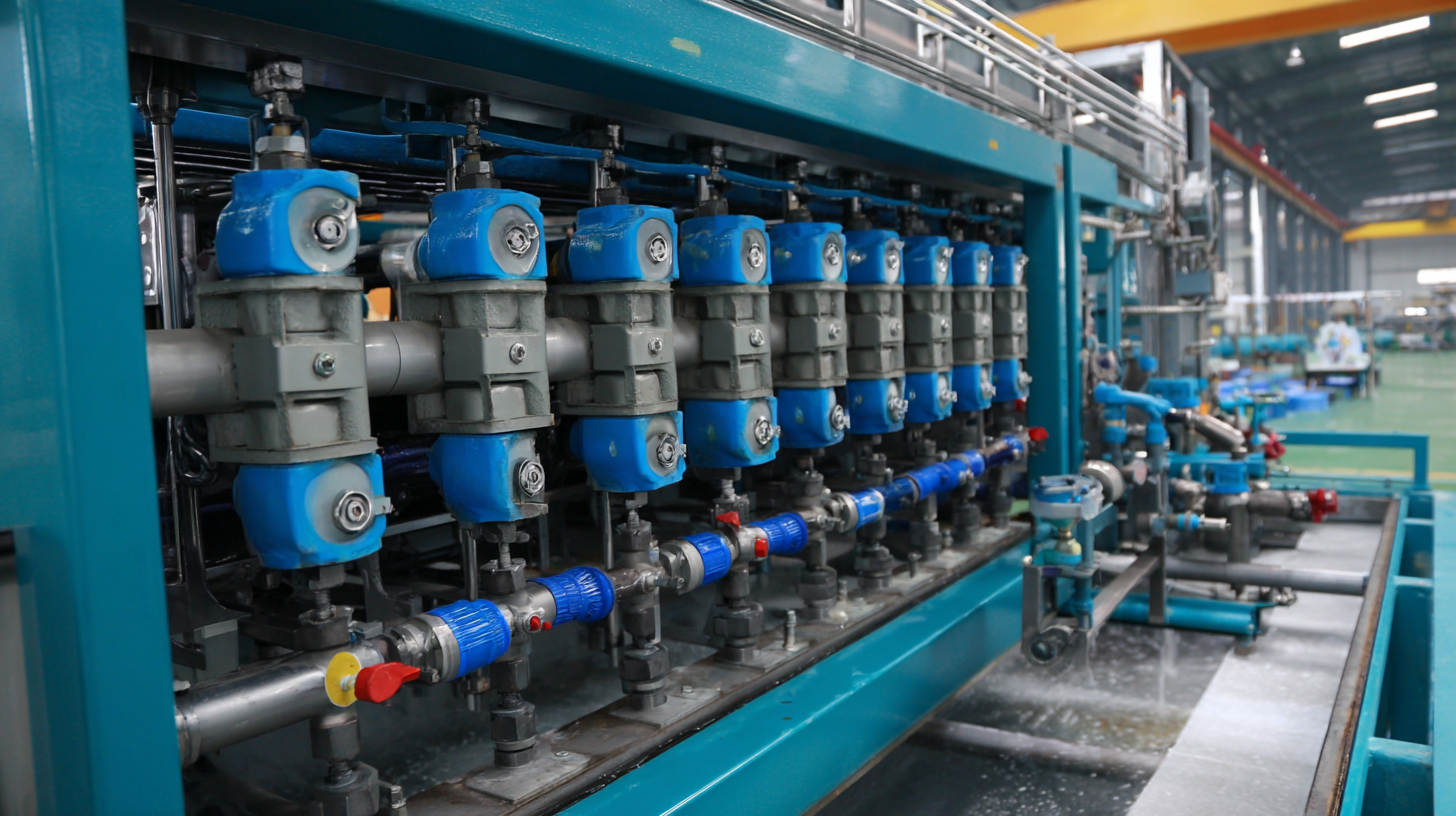
As industries strive to optimize their processes in 2025 and beyond, understanding the attributes of filter press pumps is paramount. The availability of different types and technologies requires a comprehensive approach to addressing specific industrial needs. Rogers Filtration Solutions, for instance, offers a range of products tailored to various applications, which could significantly influence the selection process.
In this guide, we will delve into key considerations and best practices when choosing the best filter press pump for your industrial needs. From assessing performance metrics to exploring innovative designs, our aim is to equip you with the knowledge necessary to make informed decisions that will propel your operations forward.
Filter press pumps play a crucial role in various industrial applications, particularly in processes where solid-liquid separation is essential. These pumps are designed to efficiently transport the slurry to the filter press, ensuring optimal performance and maximizing throughput. Their ability to handle high pressures and aggressive materials makes them indispensable in industries such as wastewater treatment, food processing, and mining. By maintaining a steady flow and consistent pressure, filter press pumps help improve the overall efficiency of the filtration process.
In addition to their primary function of moving slurries, filter press pumps contribute to the overall reliability and sustainability of industrial operations. Properly selected pumps can reduce energy consumption and wear, resulting in lower operational costs. Understanding the characteristics of different types of filter press pumps, such as diaphragm pumps, positive displacement pumps, and progressive cavity pumps, is essential for selecting the right equipment for specific applications. Thus, evaluating the demands of the process and the properties of the materials being pumped is fundamental to achieving optimal results in industrial settings.
| Application Industry | Pump Type | Flow Rate (GPM) | Max Pressure (PSI) | Typical Applications |
|---|---|---|---|---|
| Mining | Diaphragm Pump | 30 | 150 | Slurry Processing |
| Food Processing | Centrifugal Pump | 50 | 100 | Liquid Filtration |
| Wastewater Treatment | Rotary Lobe Pump | 40 | 120 | Sludge Handling |
| Chemical Processing | Positive Displacement Pump | 20 | 200 | Filtration |
| Pharmaceuticals | Progressive Cavity Pump | 10 | 80 | Biosolids Treatment |
When selecting a filter press pump for your industrial needs, it’s crucial to consider several key factors that can significantly affect the efficiency and longevity of your filtration processes. First and foremost, evaluate the pump’s compatibility with your specific applications. Different materials and slurries require pumps constructed from materials that can withstand varying levels of corrosiveness and wear.
Additionally, the pump’s flow rate and pressure capacity should align with the requirements of your filter press to ensure optimal operation.
Tips: Always consult with manufacturers to determine the best material suitability based on your slurry composition. A thorough understanding of your operational parameters will help narrow down your options.
Another important consideration is the pump's maintenance requirements. Frequent maintenance can lead to increased downtime and costs. Look for pumps designed for easy access and serviceability. Energy efficiency is another aspect to keep in mind; selecting a pump that consumes less energy not only reduces operational costs but is also better for sustainability efforts.
Tips: Research pumps with a proven track record in energy efficiency. Reading customer reviews can provide insights into real-world performance and maintenance experiences.
When selecting a filter press pump, it's essential to understand the different types available and their respective advantages and disadvantages.
Positive displacement pumps are one popular choice due to their ability to generate high pressures and deliver a consistent flow rate. These pumps work effectively for thick slurries and can handle varying viscosities, making them suitable for industries like mining and wastewater treatment. However, they may require more maintenance and are generally bulkier, which can be a drawback in certain applications.
Centrifugal pumps, on the other hand, are often favored for their efficiency and relatively simple design. They excel in situations where a continuous flow is needed, making them ideal for more fluid substances. Their compact size and lower initial costs make them attractive for smaller operations. However, centrifugal pumps struggle with high-viscosity slurries and may not provide the same level of pressure as positive displacement pumps, limiting their use in specific industrial applications. Understanding these pros and cons is crucial for making an informed decision that aligns with your operational requirements.
When choosing between electric and hydraulic filter press pumps, a comparative analysis reveals distinct advantages inherent to each type. Electric pumps are celebrated for their efficiency and precision, making them an excellent choice for applications requiring consistent and accurate flow rates. Their integration with advanced control systems, such as the electro hydraulic servo pump control system, allows for nonlinear flow modeling that optimizes performance. This capability is particularly beneficial in industrial settings where high performance and reliability are paramount.
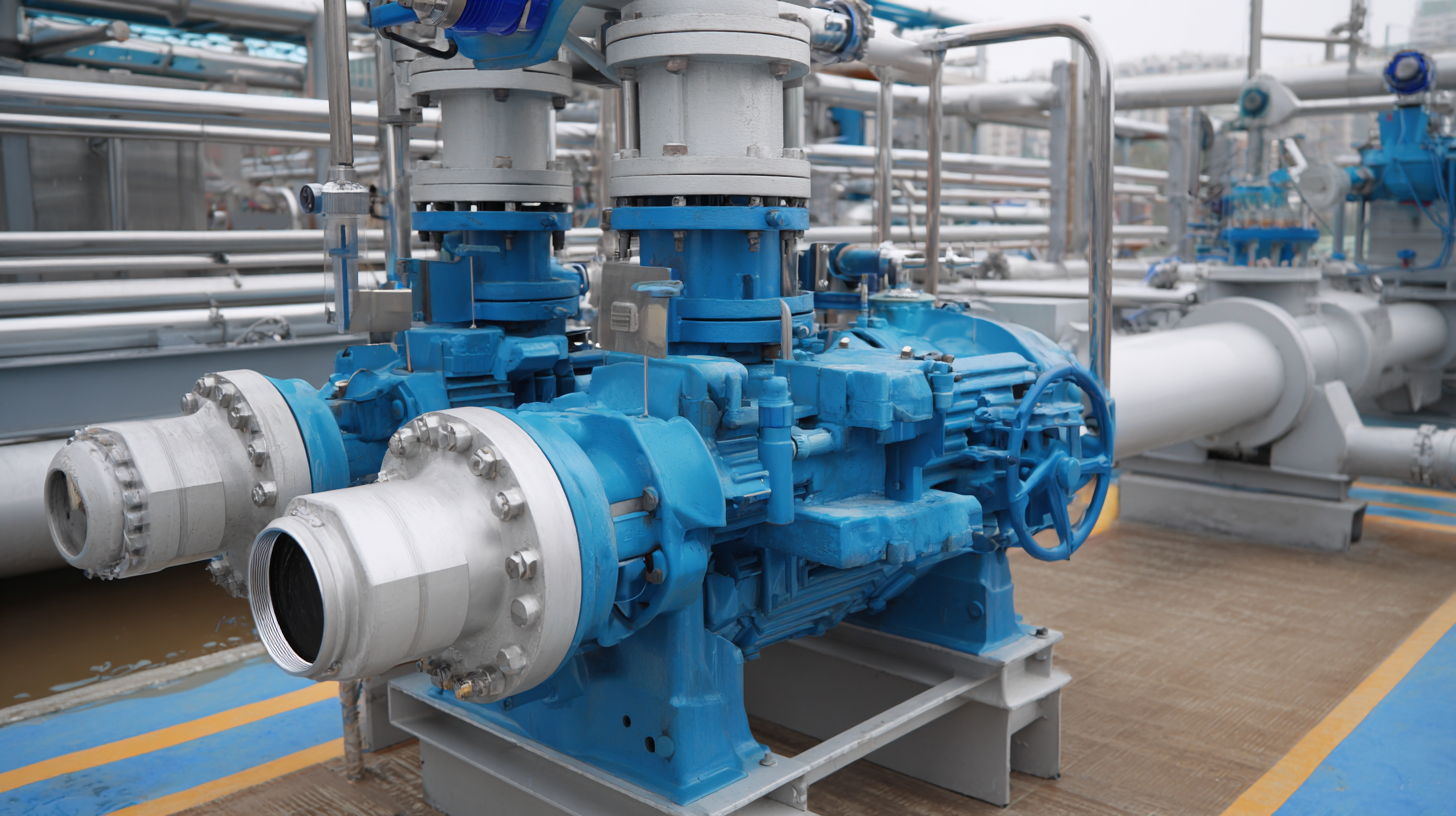
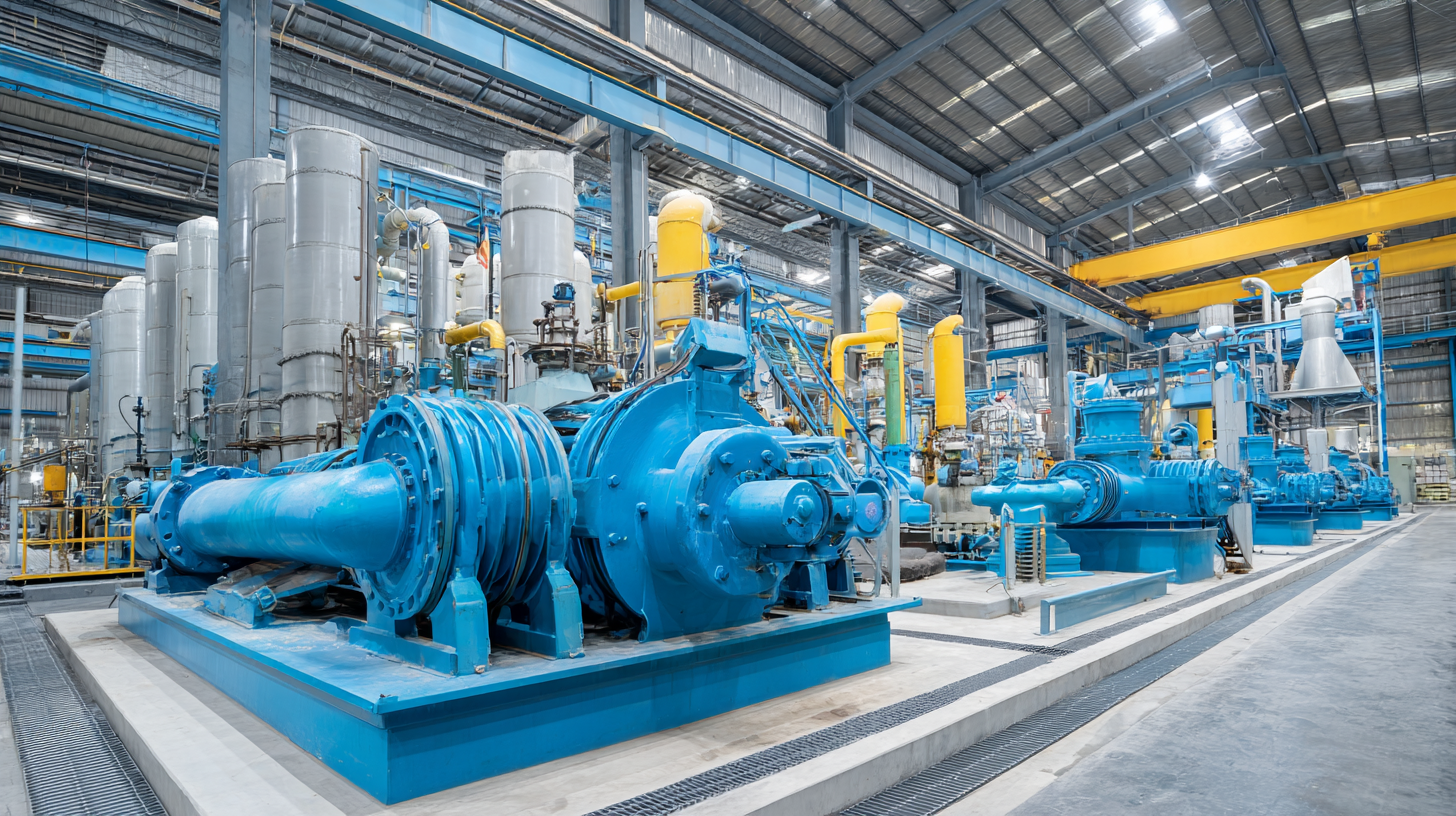 When considering the maintenance of filter press pumps, it's essential to focus on several key practices that can significantly enhance their longevity and performance. Regular inspection of the pump components is crucial; checking for wear and tear can help identify potential issues before they escalate. Cleaning the filter press regularly ensures that any accumulated debris does not affect the pump's efficiency. Using the correct type of lubricant and maintaining appropriate fluid levels in the pump can also prevent premature wear.
When considering the maintenance of filter press pumps, it's essential to focus on several key practices that can significantly enhance their longevity and performance. Regular inspection of the pump components is crucial; checking for wear and tear can help identify potential issues before they escalate. Cleaning the filter press regularly ensures that any accumulated debris does not affect the pump's efficiency. Using the correct type of lubricant and maintaining appropriate fluid levels in the pump can also prevent premature wear.
Additionally, operators should be attentive to the operational environment of the filter press pump. Ensuring that the system operates within the recommended pressure and temperature ranges protects the integrity of pump components. Implementing a routine maintenance schedule, including detailed records of service performed, can aid in troubleshooting and prolonging the life of the equipment. Lastly, educating staff about proper operational techniques can mitigate mishandling, ensuring a smoother and more efficient filtration process, which is paramount for optimal industrial performance.
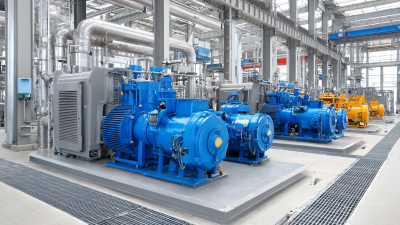




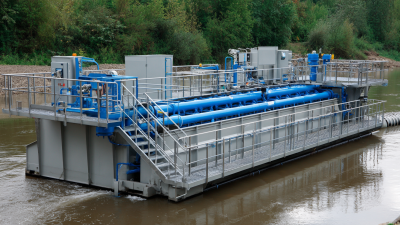
Universal Pumping
625 Apache Trail
Woodstock, GA 30189
Mon - Fri | 9:00 AM - 5:00 PM
Universal Pumping is staffed with industry professionals with 20-45 years experience with high pressure pumping systems. We represent only the “elite producers” in pump manufacturing: Britain’s EMS and Germany’s EMMERICH. Our engineering and manufacturing approach is conservative, and we do not use “guess work” in the design or sales of our pumping and filtration equipment.



